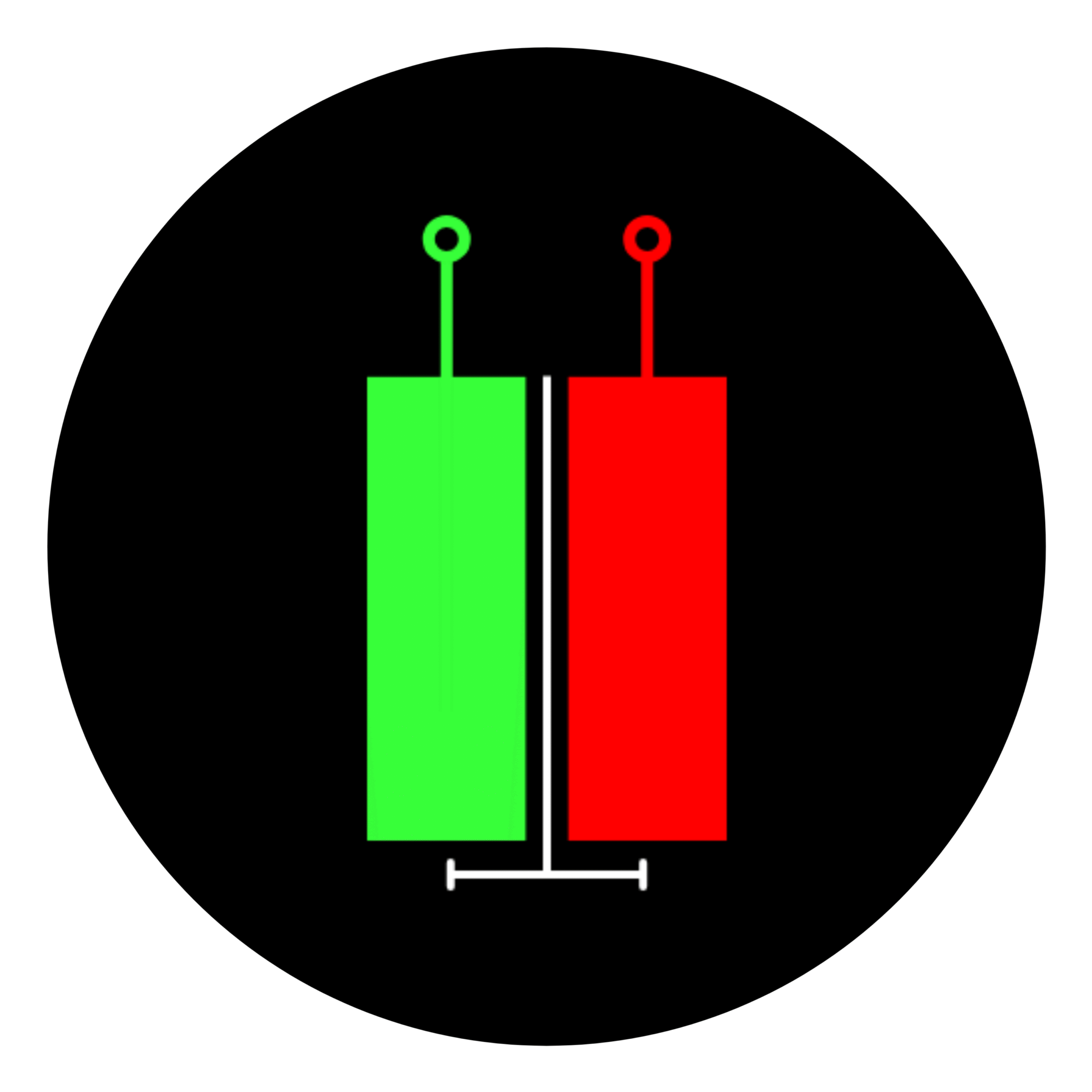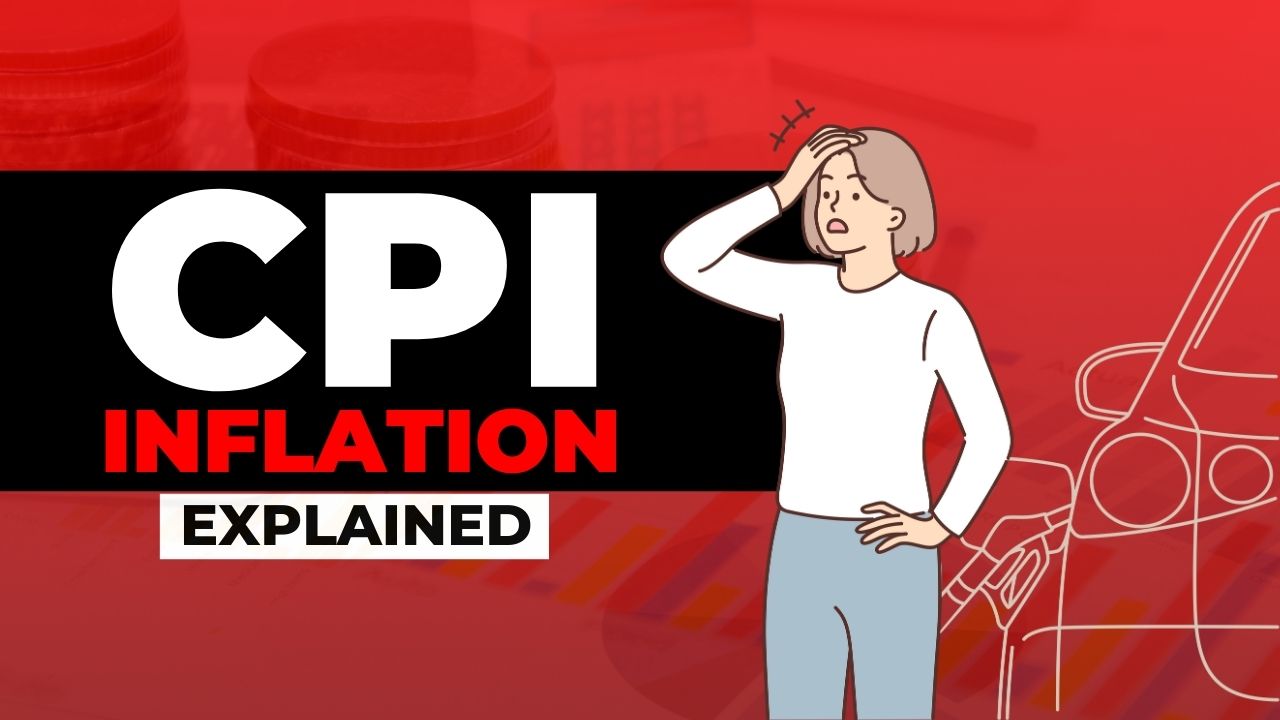Inflation is something we hear about almost every day in the news. To measure this inflation, economists use an important tool called the CPI.
If you are new to finance or trading, CPI is one of the first concepts you should understand.
Table of Contents
What is the meaning of Inflation?
When the cost of basic goods that we buy every day- like food, clothes, and other essentials-rises over time, this situation is called inflation.
Inflation causes reduction in the purchasing power of money. When prices go up, the value of money decreases. This means that you can buy less with the same amount of money.
For example, if inflation is high, something that used to cost $100 might now cost $110.
This reduction in the purchasing power of money is what we call inflation.
- Inflation is measured using the CPI.
What is CPI?
The full form of CPI is Consumer Price Index. It measures how much the prices of goods and services that households usually buy have changed over time.
The CPI is like a basket that contains a variety of basic goods and services that a typical household needs, such as food, clothing, and healthcare. By tracking the price changes of these items over time, we can calculate the inflation rate.
Why is CPI Important?
CPI is not just a number. It tells us how the cost of living is changing. Here are some reasons why CPI is important:
- For Households: It shows how much more expensive daily life is becoming.
- For Businesses: Rising CPI means higher costs for raw materials and services.
- For Governments: Policymakers, especially the central bank (like the Federal Reserve in the US), use CPI to make decisions about interest rates.
- For Investors and Traders: CPI can move markets. A higher-than-expected CPI can push stock markets down and strengthen the US dollar, while a lower CPI can have the opposite effect.
How is CPI Calculated?
The calculation may sound complex, but the idea is simple.
- A fixed basket of goods and services is chosen.
- Prices of these items are collected every month.
- The average change in these prices is calculated.
If the CPI goes up, it means inflation is rising. If it goes down, it means inflation is easing.
Imagine last year you spent $1,000 on rent, groceries, gas, and clothes combined. This year, buying the same things costs you $1,050. That extra $50 means prices rose by 5%. CPI is the tool that captures this increase in prices and reports it as the inflation rate.
Types of CPI
There are two main types of CPI:
- Headline CPI: This includes everything in the basket – food, fuel, rent, healthcare, and more. But food and fuel prices can jump up and down quickly, which sometimes makes headline CPI volatile.
- Core CPI: This excludes food and fuel prices because they change too often. Economists use core CPI to get a clearer picture of long-term inflation trends.
What is Inflation Rate?
It is the percentage change in the price level of goods and services over a period of time. It’s like a report card that tells us how much prices have gone up or down. For example, if the CPI was 100 last year and it is 105 this year, the inflation rate would be 5%.
How Inflation Rate Affects Stock Market?
Inflation can have a significant impact on the stock market.
When inflation is high, the cost of living increases, and people may spend less money on non-essential items. This can affect companies’ profits, which may cause their stock prices to fall.
Also Read – What is an IPO in Simple Words? – 6 Important Steps to Know
On the other hand, some companies may benefit from inflation if they can pass on the higher costs to consumers by raising prices.
What is Deflation?
Deflation is the opposite of inflation. It occurs when the prices of goods and services decrease over time. While this might sound good, deflation can be harmful to the economy. When prices drop, people may delay purchases, hoping for even lower prices in the future. This can lead to lower demand, causing companies to reduce production, cut jobs, and even lower wages.
This article is for informational purposes only and should not be considered financial advice. Investing in stocks, cryptocurrencies, or other assets involves risks, including the potential loss of principal. Always conduct your own research or consult a qualified financial advisor before making investment decisions. The author and publisher are not responsible for any financial losses incurred from actions based on this article. While efforts have been made to ensure accuracy, economic data and market conditions can change rapidly. The author and publisher do not guarantee the completeness or accuracy of the information and are not liable for any errors or omissions. Always verify data with primary sources before making decisions.

